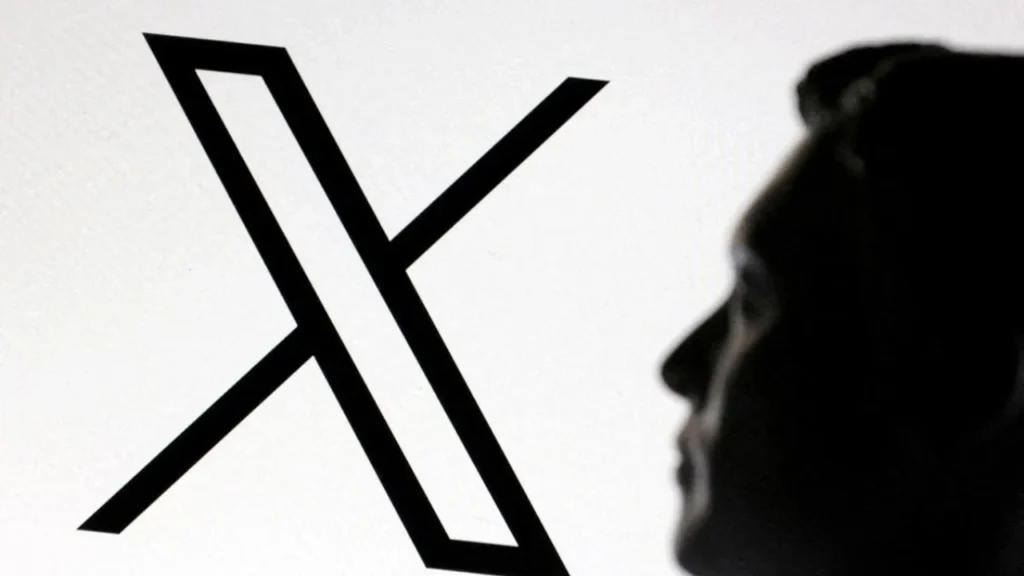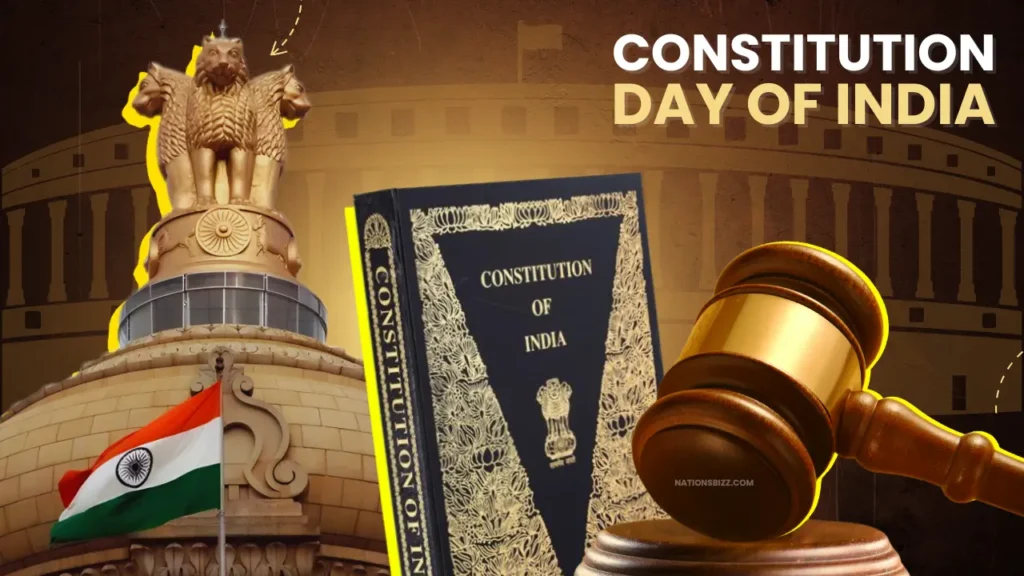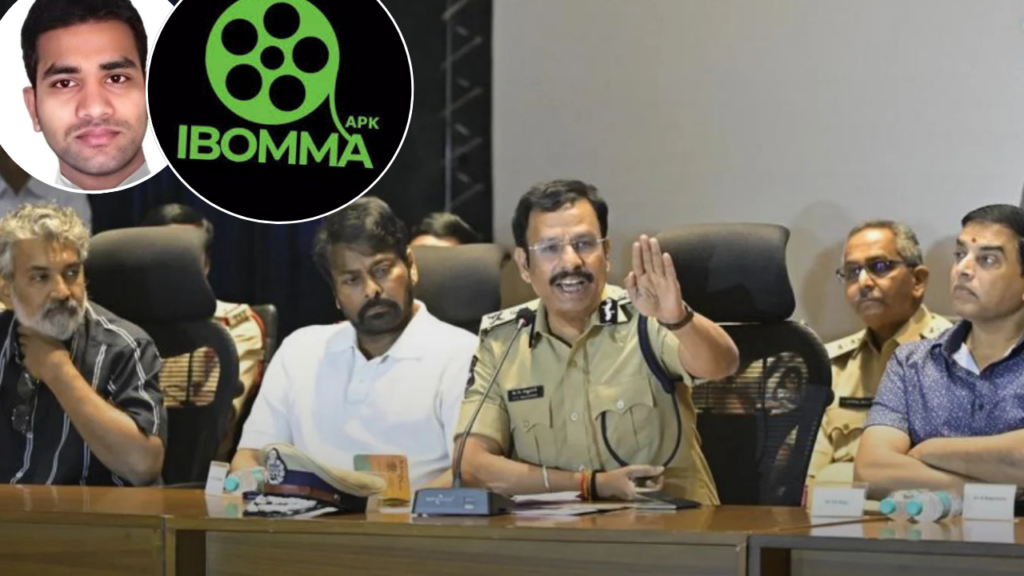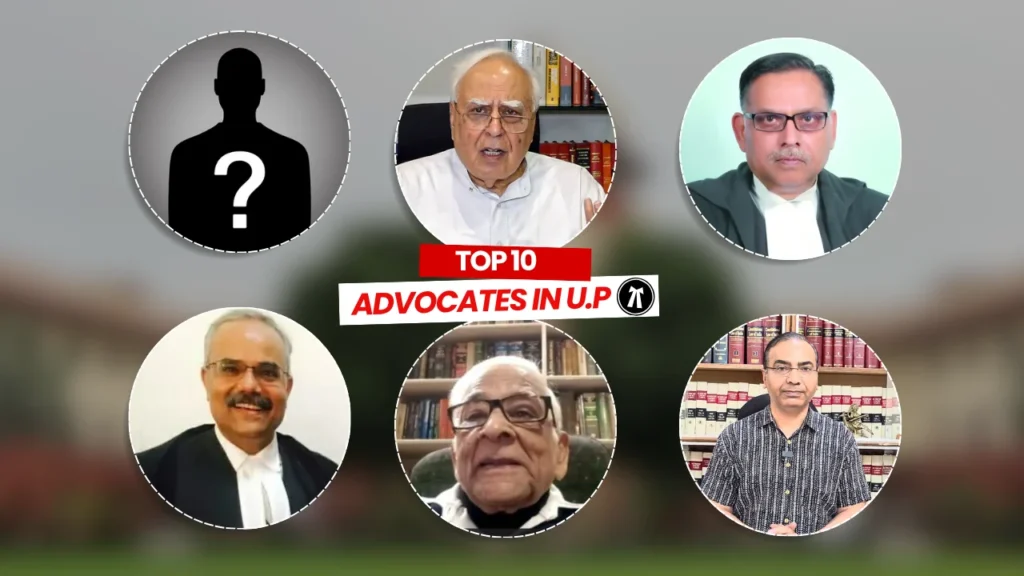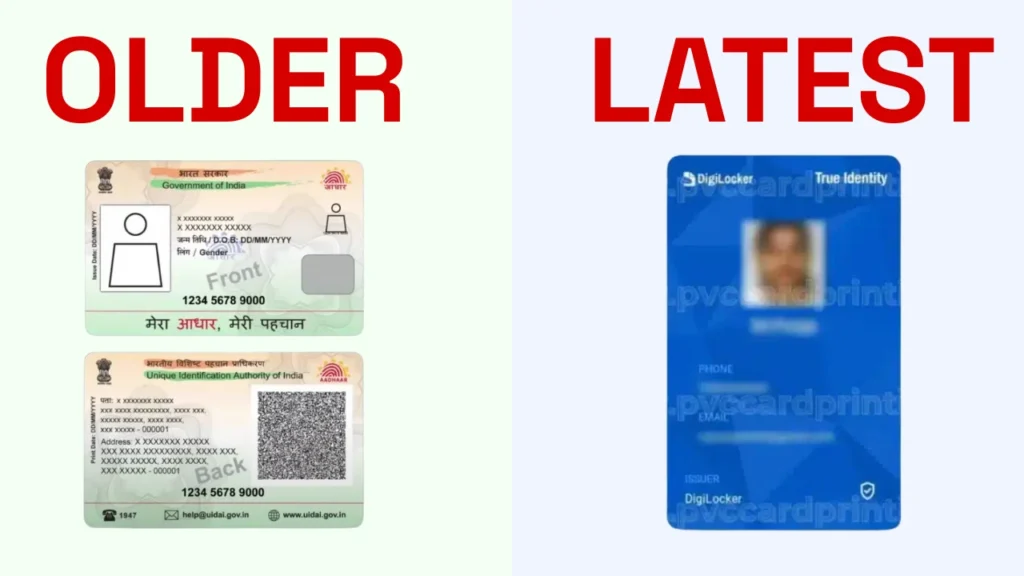A fake social media account pretending to represent the Supreme Court of Karnataka. It Has triggered a strong response from the Centre and raised urgent questions about the credibility of digital platforms. The account was created on X (formerly Twitter) and looked almost official, potentially misleading the public. Although it was never verified, the account attracted attention before being taken down.
Solicitor General Tushar Mehta flagged the incident during a hearing before the Supreme Court on July 17. He informed Chief Justice DY Chandrachud that the fake account had been created by the Centre itself not as a prank, but as a demonstration of how easily institutional identities can be faked online.
Court Warns Against Any Attempt to Impersonate Judiciary
The Solicitor General explained that the government created the account in order to prove a point. Within minutes, they were able to set up an account that looked like it belonged to a constitutional court. No verification, no background checks just a logo and a name. His argument: if this can be done so easily, what’s stopping others with malicious intent? The court, however, was cautious. Chief Justice Chandrachud responded by saying that no one, not even the Centre, should impersonate the Supreme Court or any High Court, regardless of the intention. Even for educational or legal demonstration purposes, such acts could lead to confusion and erode public trust in the judiciary.
The fake account was mentioned in the context of a broader hearing on hate speech and content regulation on social media platforms. Mehta used the example to push for stronger digital oversight and legal safeguards to prevent future misuse.
While legal experts see this as a wake-up call for stricter regulation, digital rights activists warn against overreach. Any move to control content must be balanced with protection of free expression.
The case has now added another layer to the ongoing national debate about misinformation, online impersonation, and accountability. As the court weighs its options, one thing is clear: fake accounts can do real damage and the system to stop them is still full of holes.

